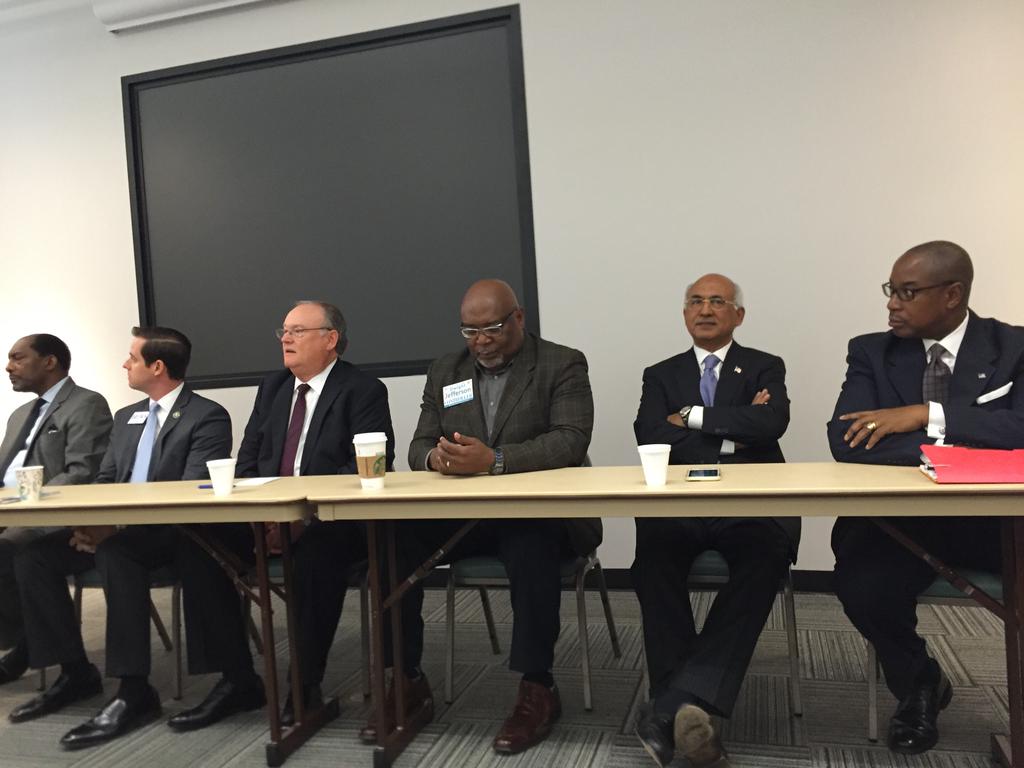Fifteen teenagers from across the country convened in New York City to participate in DoSomething.org and Coca-Cola’s co-sponsored Happiness Hackathon, designed to invent creative solutions to cyberbullying. The one-day event took place on October 3rd.
According to DoSomething.org, just under 50 percent of young people have been cyberbullied. Equally alarming is the estimate that 90 percent of teens who witness online bullying do nothing to address it.
Out of several hundred teenagers who submitted proposals to reduce cyberbullying, the fifteen chosen were from diverse backgrounds and generally had personal experiences with bullying.
“We wanted 15 different perspectives, different ideas, different ways of tackling the problem,” said Aria Finger, DoSomething.org’s Chief Operations Officer.
The teens were broken up into groups of three, and each team was provided a mentor to help develop their ideas. Among the proposed solutions, one team thought of an app that let users compliment others; another group designed a program that required teenagers suspended from social media for cyberbullying to take an online anti-bullying seminar before reactivating their accounts.
Finger awarded the teams for different accomplishments, such as “Best Use of Tech” and “Most Unique Idea.”
“We’re absolutely committed to being in touch with the teens and advocating for them and their ideas,” Finger said. “We are committed to this long term.”
Article via Mashable, October 28, 2015
Photo: GameLab Exhibit via Ars Electronica [Creative Commons Attribution-NonCommercial-NoDerivs]


